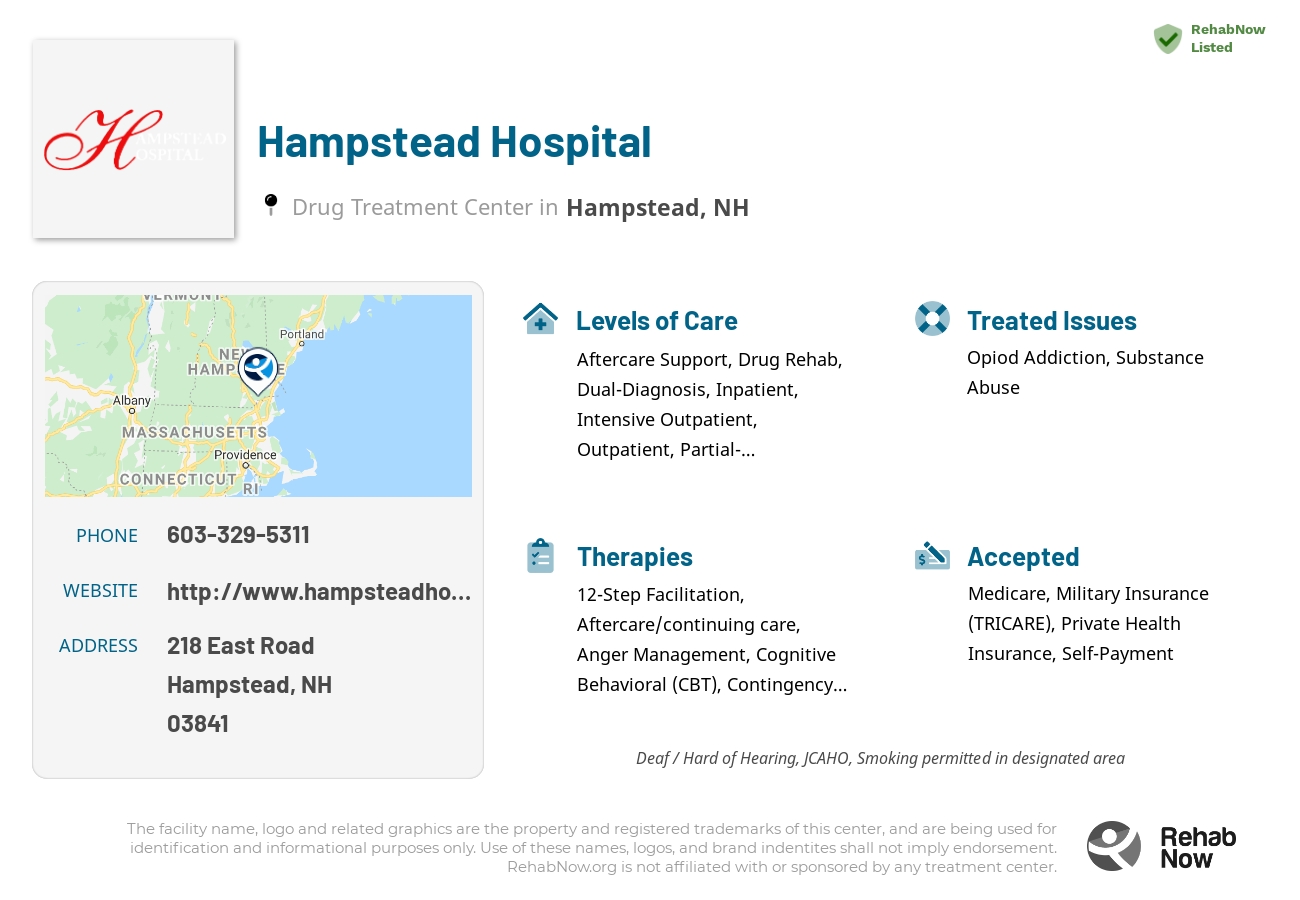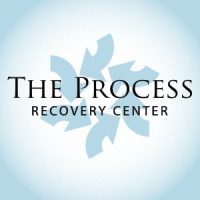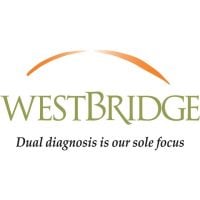Hampstead Hospital
Drug Rehab Center in Hampstead, New Hampshire
Hampstead Hospital is an accredited addiction treatment facility offering a full range of levels of care including drug rehab, dual diagnosis, inpatient, intensive outpatient, outpatient, and more, making it a beneficial resource for individuals seeking sobriety in New Hampshire.
About This Hampstead, NH Facility
Hampstead Hospital, founded in 1974, is an addiction treatment facility located in Hampstead, New Hampshire. The hospital offers comprehensive services for individuals struggling with opioid addiction, substance abuse, drug addiction, alcoholism, and mental health disorders. They provide a range of levels of care to meet the specific needs of each individual, including inpatient treatment, intensive outpatient programs, outpatient services, partial hospitalization, and residential care. Hampstead Hospital also offers detoxification services to help individuals safely and comfortably overcome the physical effects of withdrawal. The facility is known for its dedication to personalized and evidence-based treatment approaches.
Clients at Hampstead Hospital can expect a holistic and individualized approach to their addiction and substance abuse treatment. Their team of medical professionals and therapists work closely with each client to develop a tailored treatment plan that addresses their unique needs and challenges. Treatment methods may include various therapeutic interventions such as cognitive-behavioral therapy (CBT), dialectical behavior therapy (DBT), trauma-focused therapy, motivational interviewing, group therapy sessions, family involvement programs, medication-assisted treatment (MAT) when necessary, and aftercare support. This comprehensive approach ensures that clients receive the necessary support and skills needed for long-term recovery success. Clients also have the option for dual-diagnosis treatment if they are facing co-occurring mental health issues alongside their addiction or substance abuse struggles.
Genders
Ages
Modality
Additional
Conditions and Issues Treated
Using both legal medications and illegal substances in order to maintain an addiction is substance abuse. Illegal substances can become addictive after a single use. If you are obtaining legal medications illegally, you may be suffering from substance abuse.
Fortunately facilities like Hampstead Hospital in Hampstead, NH are here to help.
Opioid addiction treatment facilities in New Hampshire, like Hampstead Hospital cover both illegal and prescription opioids abuse. Most plans include detoxification and subsequent medications to ease the process. Behavioral therapies and counseling are also necessary to resolve the root cause of addiction.
When someone in New Hampshire struggles with both addiction and mental or emotional illness, this is considered a dual diagnosis. Dual diagnosis treatment can include emotional trauma, bipolar disorder, schizophrenia, depression. Getting treatment for these issues must occur at the same time to treat either of them effectively.
Levels of Care Offered
This center offers a variety of custom treatment tailored to individual recovery. Currently available are Aftercare Support, Detox, Drug Rehab, Dual-Diagnosis, Inpatient, Intensive Outpatient, Outpatient, Partial-Hospitalization, Residential, with additional therapies available as listed below.
A detox program helps the person physically withdraw from drugs and helps them track their progress. So, suppose the person isn’t ready for sobriety (or relapses). In that case, the treatment professionals can catch it early and help re-orient them towards recovery.
In order to focus on the psychological aspects of addiction, one must first address the physical symptoms of withdrawal.
Withdrawal symptoms can be painful, even fatal, so managing the detox process carefully is critical. Severe withdrawal symptoms are often treated with more advanced pharmaceutical interventions. Nausea and headaches are common side effects of detoxification.
Inpatient rehabilitation aims to treat severe addictions and co-occurring disorders. Depending on individual requirements, the duration of the stay at Hampstead Hospital ranges from four weeks to six months. New Hampshire inpatient recovery guarantees that the patient resides in an environment free of drugs.
An intensive outpatient treatment program is set up for those struggling with an addiction to begin the recovery process. Patients come to Hampstead, NH to Hampstead Hospital for therapy, support, programs, and medical supervision. Intensive outpatient treatment is often very tightly scheduled and heavily structured.
Partial Hospitalization Programs (PHP) are meant for individuals experiencing trouble functioning at school or with work and other occupations, medical instability, inadequate support at home, simultaneous mental health issues, and substance use disorders in New Hampshire. They are also meant for those experiencing the risk of self-harm or the urge to harm others. It is a short-term treatment program offered at Hampstead Hospital, aiming to improve individuals enough to be reassigned to a lower level of care. The program operates within a psychiatric hospital for several hours daily, usually three to five days per week.
Residential treatment programs are those that offer housing and meals in addition to substance abuse treatment. Rehab facilities that offer residential treatment allow patients to focus solely on recovery, in an environment totally separate from their lives. Some rehab centers specialize in short-term residential treatment (a few days to a week or two), while others solely provide treatment on a long-term basis (several weeks to months). Some offer both, and tailor treatment to the patient’s individual requirements.
Treatment for substance abuse does not cease after an individual successfully completes a detox or rehabilitation program. A vital follow-up treatment service is aftercare support provided to individuals at Hampstead Hospital in New Hampshire after they attain initial sobriety.
Aftercare support often takes the following forms: 12-Step Programs, Outpatient Treatment Programs, and Support Groups. The most effective aftercare programs are tailored to meet an individual’s specific needs and circumstances.
Hampstead Hospital‘s Therapies & Programs
Spousal relationships bear the brunt of alcohol and drug dependence. It becomes critical to submit the relationship to couples therapy to prevent straining it further. Some facilities like Hampstead Hospital in Hampstead, NH offer couples therapy options to manage intimate partnerships amid the recovery process. Other couples-focused treatment plans can provide the patient and their partner tools to get things back to normal.
When family members are more proactive and involved in the treatment procedure, it encourages the patient to advance his or her progress. Moreover, it shouldn’t be ignored that genetics play a role when it comes to addiction, so it’s better to approach the problem as a unit. Also, with proper education, family members can help an individual avoid addiction triggers and guide him or her in making lifestyle changes necessary for his or her sobriety.
It has been said that unhealed trauma is the root of most addictions. Trauma therapy is a way of addressing trauma while in a safe situation in order to heal. Healing past traumas and introducing coping strategies are strong foundations for sustained recovery from addiction. This may involve individual or group counseling or both, in a Hampstead, NH facility. Other forms of therapy have been proven to assist in healing past traumas.
Dialectical Behavior Therapy (DBT) helps those who attend Hampstead Hospital understand how their feelings, beliefs, and thoughts affect their behaviors. DBT is particularly useful for people with self-harming behaviors, as well as those with substance abuse disorders. DBT teaches people how to tolerate distress, regulate their emotions, and how to become mindful.
Cognitive Behavioral Therapy (CBT) is a type of psychotherapy that focuses on the underlying thoughts and behaviors that caused the problem of addiction in the first place and may cause a relapse. Negative feelings are common in substance abuse disorders, and if not recognized, they can cause co-occurring disorders.
CBT involves strategies that help to change the thinking and behavioral pattern by cognitive restructuring. In simple terms, it helps to remove negative thoughts and provides long-term benefits. Also, CBT promotes self-awareness, self-control, and healthy ways to respond to negative thoughts. It can be administered as a mono-therapy as well as a part of combination therapy.
The 12-step program is a part of substance abuse treatment. In this program, peers help each other to achieve the goal of abstinence. It was initially developed by the founders of Alcoholics Anonymous. Due to its huge success, the 12-step program is included as a part of other substance abuse treatments.
The 12 steps guide at an individual level. It begins with the individuals accepting that they are addicts, and they understand its consequences. It is followed by focusing on the recovery process and making amends for hurting others. The program provides the benefit of cognitive restructuring, which refers to the process of change in the negative thoughts that leads to long-term benefits.
Payment Options Accepted
For specific insurance or payment methods please contact us.
Is your insurance accepted?
Ask an expert, call (888) 674-0062
Additional Details
Specifics, location, and helpful extra information.
Hampstead, New Hampshire 03841 Phone Number(603) 329-5311 Meta DetailsUpdated November 25, 2023
Staff Verified
Patient Reviews
There are no reviews yet. Be the first one to write one.
Hampstead, New Hampshire Addiction Information
Opioids such as fentanyl, heroin, and prescription opioids form the largest drug threat in New Hampshire. More than 80% of all New Hampshire treatment centers admissions were related to one or more of these three drugs. Opioids such as fentanyl, heroin, and prescription opioids form the largest drug threat in New Hampshire. Since 2002, rates of alcohol dependency have also been among the highest in the country. In 2015, almost 15% of the residents were admitted to treatment centers for alcohol abuse.
Treatment in Nearby Cities
- Rollinsford, NH (30.3 mi.)
- Londonderry, NH (11.1 mi.)
- Belmont, NH (42.9 mi.)
- Nashua, NH (17.5 mi.)
- Jefferson, NH (108.2 mi.)
Centers near Hampstead Hospital
The facility name, logo and brand are the property and registered trademarks of Hampstead Hospital, and are being used for identification and informational purposes only. Use of these names, logos and brands shall not imply endorsement. RehabNow.org is not affiliated with or sponsored by Hampstead Hospital.











